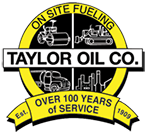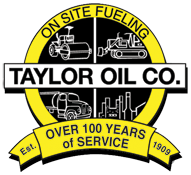Top 10 Winter Driving Tips for Truckers
Top 10 Winter Driving Tips for Truckers - Ah, winter. The time of year where everything gets cold, snowy, slushy and icy. The roads can be particularly dangerous to drive on during this season, and truckers are at the greatest risk for accidents. Winter weather conditions have a tendency to sneak up on even the most cautious drivers, and all it takes is a second to make a tragic or costly mistake. Winter demands a heightened awareness and improved driving skills. You have to keep your eye on the prize and take the ice, snow, wind and cold in stride. With the proper planning and precautions, you can stay safe on the roadways this winter. Check out these top 10 winter driving tips for truckers. Keep an eye out for brake lights on the vehicles in front of you: Being alert is half the battle. Watch for those brake lights and adjust your braking accordingly. Allow plenty of space between you and the vehicle in front of you to accommodate for those last-minute lane changers. Be sure your lights are on and working: This should be part of your pre-drive check. Make sure your lights and high beams are in [...]



